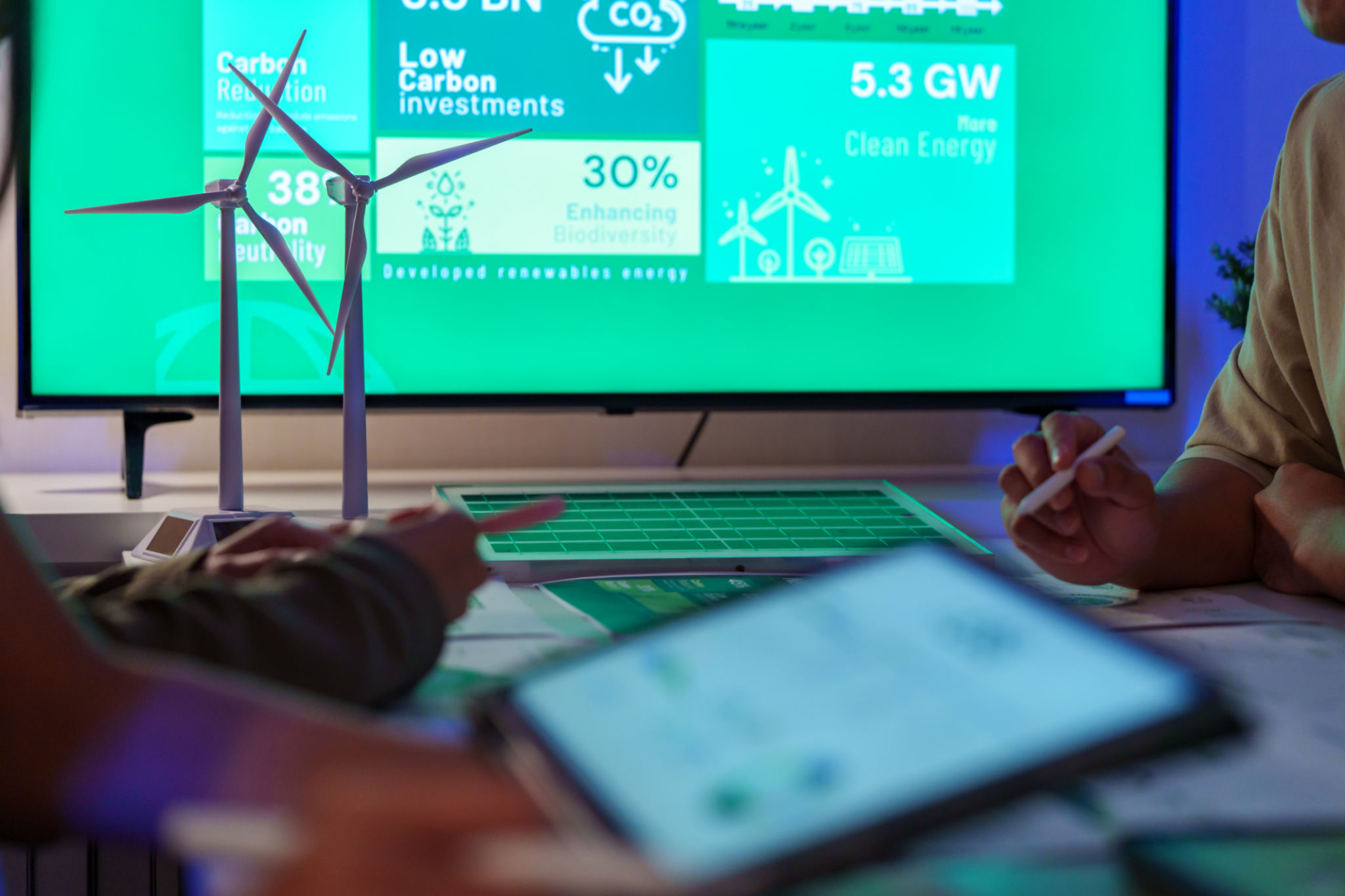The Future of Higher Education: Trends and Innovations to Watch
Personalized Learning Experiences
The future of higher education is set to embrace personalized learning experiences that cater to the unique needs and preferences of each student. With the help of advanced data analytics and artificial intelligence, educators can now tailor course content and learning paths to individual learners, ensuring a more engaging and effective educational journey.
Instructors are leveraging technologies like adaptive learning platforms to monitor student performance in real-time, providing personalized feedback and resources. This approach not only enhances student engagement but also improves learning outcomes by addressing the specific challenges faced by each learner.

Rise of Online and Hybrid Learning Models
The shift towards online and hybrid learning models has been accelerated by the global pandemic, and it is likely to persist as a key trend in higher education. Institutions are increasingly offering flexible learning options that combine face-to-face instruction with online components, providing students with the flexibility to balance their studies with other commitments.
These models provide opportunities for students from diverse backgrounds to access quality education without the constraints of geographical boundaries. The integration of digital tools and platforms also enhances the overall learning experience, offering students a wide range of resources and interactive content.

Emphasis on Lifelong Learning
As the job market continues to evolve, there is a growing emphasis on lifelong learning in higher education. Universities and colleges are expanding their offerings to include short courses, professional certifications, and micro-credentials that allow students to upskill or reskill throughout their careers.
This trend reflects the changing demands of the workforce, where continuous learning is essential to keep up with technological advancements and industry shifts. By providing flexible learning options, institutions are empowering individuals to take charge of their professional development and remain competitive in the job market.
Integration of Artificial Intelligence
Artificial intelligence (AI) is revolutionizing higher education by automating administrative tasks, enhancing academic research, and personalizing student learning experiences. AI-powered chatbots, for example, are being used to streamline student services, answering queries and providing support around the clock.
Moreover, AI is enabling more sophisticated data analysis in research, allowing academics to uncover insights and drive innovation across various fields. The adoption of AI technologies in higher education is expected to deepen, making educational institutions more efficient and responsive to the needs of students and faculty alike.

Focus on Skills Development
There is an increasing focus on skills development within higher education curricula. Employers are seeking graduates who possess not only theoretical knowledge but also practical skills that can be applied in real-world settings. As a result, institutions are redesigning their programs to include experiential learning opportunities such as internships, project-based learning, and collaborative assignments.
By integrating skills development into academic programs, universities are preparing students for successful careers in a rapidly changing job market. This approach ensures that graduates are equipped with the necessary competencies to thrive in their chosen fields.
Sustainability in Education
Sustainability is becoming a central theme in higher education as institutions strive to reduce their environmental impact and promote sustainable practices. From adopting green building designs to incorporating sustainability into the curriculum, universities are taking steps to educate students about environmental issues and encourage sustainable behavior.
This commitment to sustainability extends beyond campus operations, influencing research agendas and community engagement initiatives. By fostering an awareness of sustainability, higher education institutions are preparing future leaders who are equipped to address the global challenges of environmental conservation and social responsibility.

